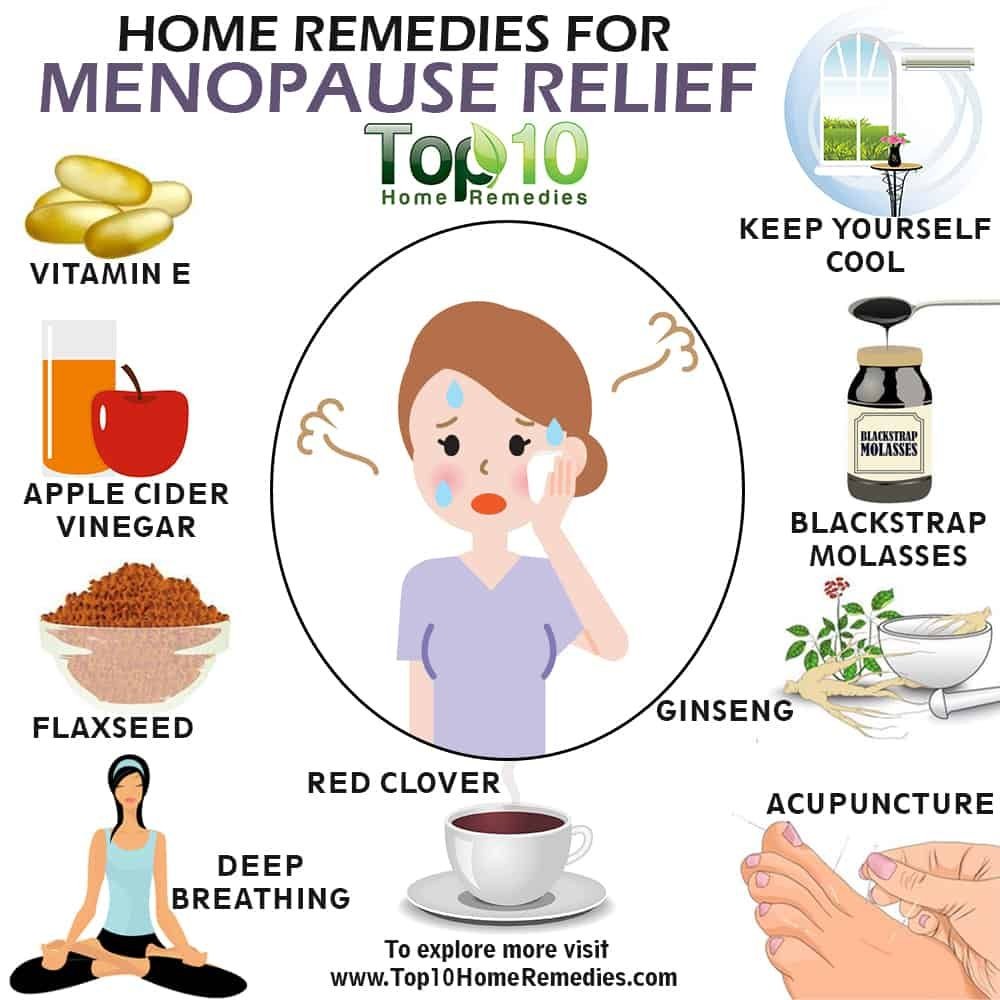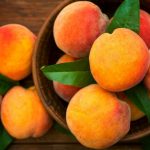
Contents
Treat Menopause Naturally: 11 Herbs and Supplements
Menopause triggers symptoms such as hot flashes, pain during sex, and difficulty sleeping. Herbs and supplements can naturally treat menopause and include evening primrose oil, dong quai, maca, and other remedies.
Menopause symptoms, like hot flashes, pain during sex, and difficulty sleeping, can be managed naturally. While hormone replacement therapy is one option, natural herbs and supplements can also help. This article will explore effective natural menopause supplements, their health benefits, and when to use them.
Evening primrose oil, obtained from the seed of the plant, is rich in omega fatty acids. It reduces hot flashes’ frequency and duration, as shown in a 2013 study involving menopausal women.
Another study found that taking four grams of evening primrose oil daily increases bone mineral density in premenopausal women.
Dong quai
Dong quai is a herb used in traditional Chinese medicine to treat women’s reproductive conditions. A 2007 study found it reduced hot flashes and night sweats in menopausal women.
This herb has potential carcinogenic effects, so further research is needed.
Maca
Maca is a plant used in Andean medicine to treat infertility and hormone imbalance. Studies have shown its psychological benefits, reducing anxiety, depression, and sexual dysfunction in postmenopausal women. It also improves hormonal balance and reduces menopause symptoms.
Black cohosh
Black cohosh is a North American herb used to treat menopausal symptoms. A 2003 study found it effective in reducing hot flashes, vaginal dryness, heart palpitations, sleep disturbances, nervousness, and irritability.
However, it may cause side effects such as gastrointestinal problems, rashes, and acute hepatitis. Consult with your doctor before taking this herb.
Wild yam
Wild yam is a tuber used in traditional Chinese medicine to treat menopause. A 2011 study demonstrated its effectiveness in reducing anxiety and improving sleep quality in menopausal women.
Red clover
Red clover contains phytoestrogens and isoflavones, which improve menopause symptoms. Consuming dried clover leaves or other phytoestrogen sources like cereals and legumes can provide relief. Check with your doctor before using red clover, especially if you are avoiding estrogen supplements.
Shatavari
Shatavari supports female health and maintains hormonal balance, as per Ayurveda. It improves musculoskeletal health after menopause.
Valerian
Valerian, rich in phytoestrogens, effectively treats menopause symptoms. A 2013 study found positive impacts on the frequency and severity of hot flashes.
Pollen extracts
Pollen extracts are used to prepare supplements that reduce hot flashes and improve overall quality of life in menopausal women.
Flaxseed
Flaxseed, rich in omega fatty acids, reduces menopause symptoms and the occurrence of osteoporosis in postmenopausal women.
Lemon balm
Lemon balm improves the quality of life in menopausal women with sleep disturbances, according to a 2021 study.
Conclusion
Menopause brings troublesome symptoms, but natural treatment options can help manage them. Consult with your doctor to find the best solution for you, considering the potential side effects and any interactions with current medications.
Sources:
– Archives of Gynecology and Obstetrics
– Avicenna Journal of Phytomedicine
– Biomedicine and Pharmacotherapy
– Climacteric
– Gynecological Endocrinology
– Holistic Nursing Practice
– International Journal of Biomedical Science
– Iranian Journal of Pharmaceutical Research
– Journal of Evidence-Based Integrative Medicine
– Menopause
– Montana State University
– National Institute of Aging
– National Institutes of Health
– Nutrients
– Office on Women’s Health
– Revista Brasileira de Ginecologia e Obstetrícia
– The British Journal of Nutrition


